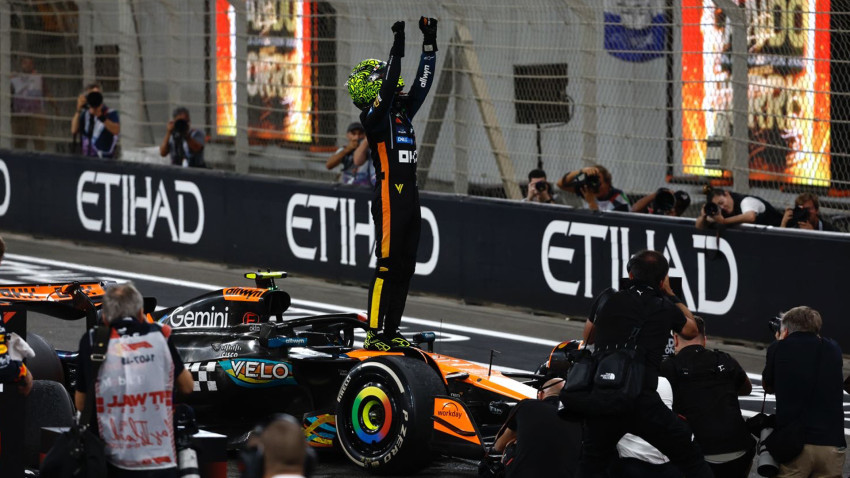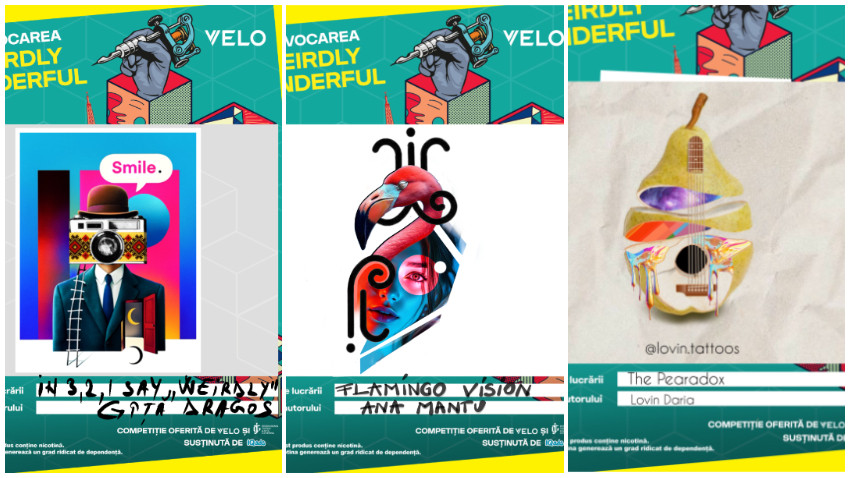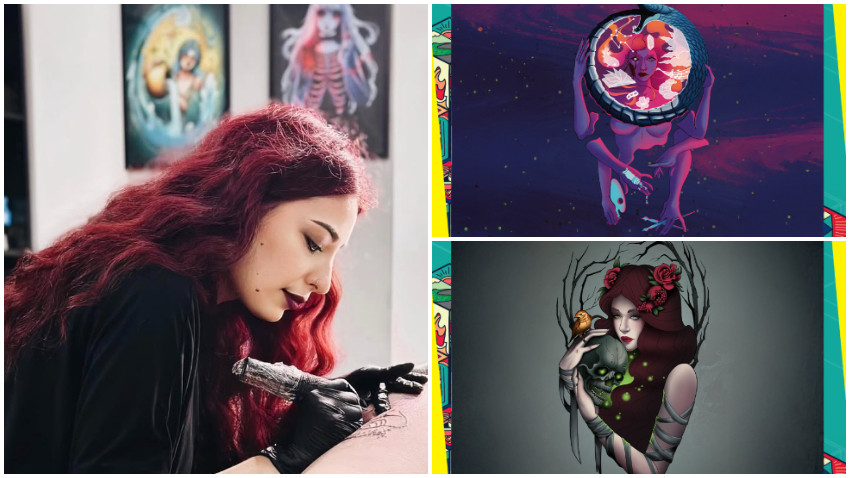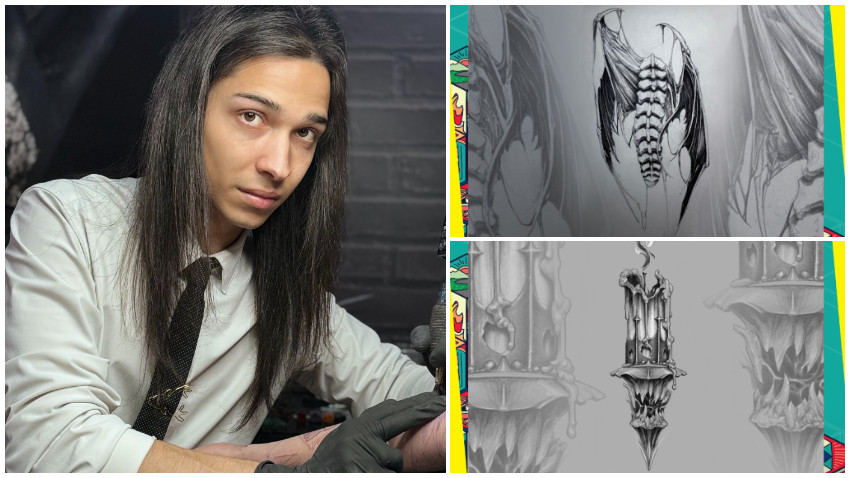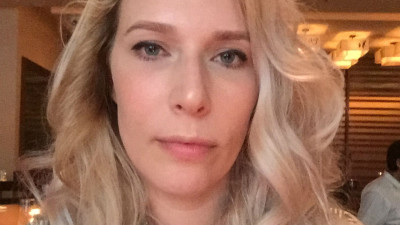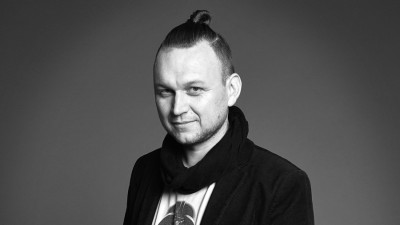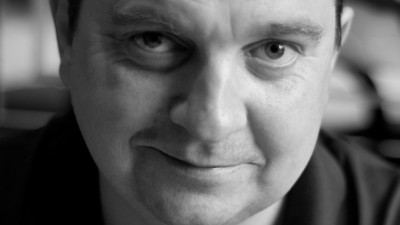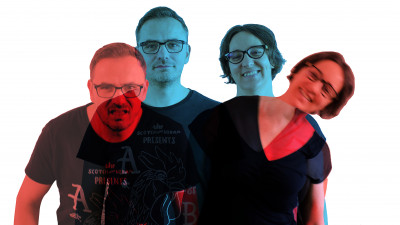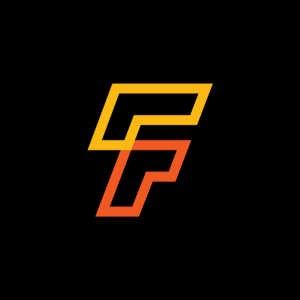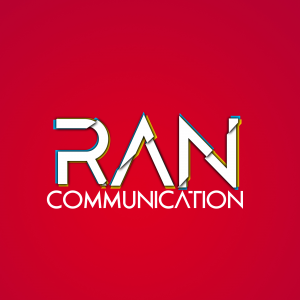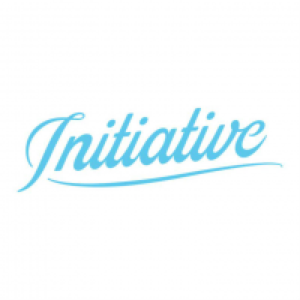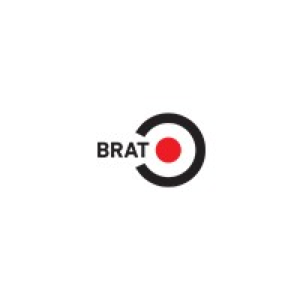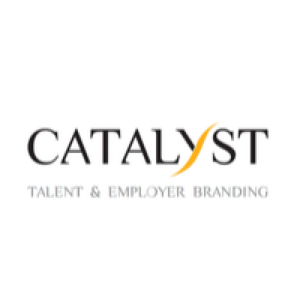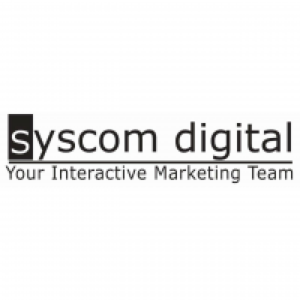She started as a production assistant, stopped by Proximity's traffic management department, where she also debuted as a junior in creation, in 2010 she witnessed the industry's digital beginnings at Nydrle.Digital, she spent some time in Young & Rubicam's creation department and she is currently the Creative Director of McCann Prague.
In the Czech Republic, just like in Romania or other parts of this world, it's not easy to join the advertising industry without any experience, says Klara Palmer. This country's industry has been riding high in the past years but creativity is always crushed by too many testing filters, in her opinion. Klara speaks of the specifics of Czech advertising, humour, localisation and language barriers, about the passing style of the influencers and the new generation of consumers, cautious of any attempt of manipulation.
Versiunea în română a interviului aici.
Your start in advertising
I start my advertising career as a production assistant. But I always knew creative role is more of my cup of tea. So after few months of collecting experience with production I moved to the creative department as a traffic manager. And there I was already given a chance to become part of the creative processes. I think that also thanks to these “milestones” I’ve eventually became a CD. Being creative is one part of the job, but second part, and equally important one, is having a good knowledge about every part of the process.
What I remember the most and what I think is still happening is that to start in an advertising you need to know someone who’s already in the business who will give you a chance. When I was trying to find my way in, the biggest problem was I had no experience. But to get an experience, you’d need to have an experience already. That is a bit of a Catch 22.
Significant changes in the industry
When I started, the advertising industry in my country was getting to its peak. The “golden age” was gone but there was still lot of opportunities and unexplored areas. The main change came with the “invention” of online advertising and social media. Agencies and brands understood that those channels will determine the future character of our industry and started investing in it.
What also helped this trend was the financial crisis of course. When this happened I just moved to a digital agency so I witnessed its boom. Thanks to that I've learnt a lot about this area from its very beginning.
The local flavour
Czech advertising is definitely adjusted to the local flavour. And that’s humour. I’ve seen brands trying different kinds of emotions but it didn’t really work well. The type of humour is slowly evolving from slap stick to more sophisticated. But entertaining people is still the key to a successful campaign.
Global and local
I think it is a bit of a problem when it comes to the local adaptations of the communication. Working with insights can still somehow work on a global level, after all we’re all humans sharing very similar emotions. But when it comes to the language, that’s where it usually fails. At least in my country. We have several recent experience with this issue and it’s quite painful for everyone involved.
The advertising business
Advertising in the Czech republic is recently getting on quite high level I’d say. Being recognised by the international awards shows and clients proves that. What I think still needs to be improved is the way brands and agencies work together. In my opinion, the best results are achieved when people cooperate not only co-work on a project. And that is happening very rarely. I’d like to see more of a partner - partner approach than client - agency.
In terms of creative work, we still have a lot to catch up in digital. There has been few successful campaigns, but those are exceptions, not a standard. We need to improve that.
Local burdens in communication
The biggest influence and also a biggest burden is testing. It feels like almost every brand lost the courage to do advertising that them and the agency believe in the most, they only do advertising that proves itself in tests. And test results in my opinion are extremely misleading. There is so many factors that has influence on the output that I wouldn’t trust them even with choosing the right pair of socks.
How does technology influence the creative product
The most common tech of these days is a computer. Which is surprising, because smartphones are owned and used by app. 60 % of population. But only about 20 % has it as a main electronic device. Most of people still rely on a computer or tablet. That’s also the reason why the digital communication here has still a lot to catch up on. Brands don’t want to spend money on something that doesn’t have a proper mass reach. But as I said, there are exceptions and hopefully one day, they will become a standard.
Trends
One of the trends is using influencers, of course. But I’m afraid it’s still getting mixed up with celebrity endorsement. I must say I have seen maybe one properly done example of influencer marketing. But I think I can’t consider that a milestone or a key point for the industry’s future as I think it’s just a phase. In near future influencer marketing as we know it will be gone.
What I see as a more important trend is honesty. The new generation of consumers is super sensitive to being manipulated or mislead. That’s why communication to them and with them must be as open and as honest as possible.
If a stranger would see the Czech commercials
I think he or she would think we got stuck in time a little bit. And that creativity is not the criteria for picking the best communication for the brand. Which in some cases might be a functional decision, but in the majority of cases it’s killing our industry. So the impression the stranger would get would be pretty close to the reality.
Local campaigns illustrative to your country
I'm picking 3 campaigns that are the most illustrative to the industry of my country but not all of them necessarily fall in to the category of the best campaigns.
T-Mobile:
Vodafone:
Fio Banka:


![[Adland neighbours] Klara Palmer (McCann Prague): It feels like almost every brand lost the courage to do advertising that them and the agency believe in the most, they only do advertising that proves itself in tests](https://media.iqads.ro/2018/09/klm064141-cover-850.jpg?v=201809070905)

